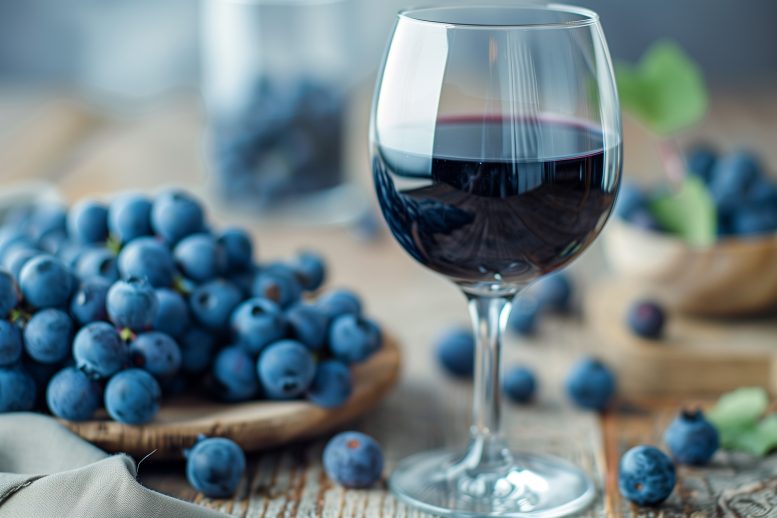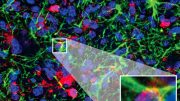
New research reveals that blueberry wine can retain significant health-promoting compounds from the fruit, despite undergoing fermentation. The study, led by Maria Serratosa, indicates that while some nutrients are reduced during the fermentation process, strategies can be employed to optimize these bioactive components. The findings also show that fermentation temperature and duration have notable effects on the nutrient levels in the final product.
A study on blueberry wine production demonstrates that the beverage can preserve many of the original fruit’s beneficial compounds, although fermentation and temperature settings influence the final nutrient content.
Nutrient-rich blueberries — a common breakfast smoothie ingredient — can also create wine. But does the heat and time required to ferment this mighty berry strip out any of those potential health-promoting compounds?
Researchers in ACS Food Science & Technology examined fermentation’s effects on the bioactive compounds and antioxidant activity in blueberry wine. The results suggest blueberry wine maintains some of the fruit’s nutrients and the team identifies ways to optimize components in this superfood tipple.
Blueberries are especially rich in bioactive compounds, which is a big reason why they are ingredients in an increasing number of foods and beverages — including wine. However, the effects of the vinification process, specifically fermentation and heat, on these compounds and their antioxidant activity (i.e., the ability to reduce damaging free radicals) have not been thoroughly studied. So, Maria Serratosa and colleagues tested how these variables affect the nutritional value of blueberry wine.
Study Details and Process
They started their investigation with 8 liters of blueberry juice from fruit grown in southern Spain and separated it into 1-L flasks. The researchers placed four flasks in a 63-degree F water bath and the other four flasks in a 70 F water bath. Two flasks in each water bath underwent a long (complete) fermentation to produce dry wine, and the other two flasks underwent a short (partial) fermentation to produce sweet wine. The team measured and compared bioactive compound levels in the initial juice and in the final product. And they used a common free-radical-scavenging assay to measure and compare the antioxidant activity of the bioactive compounds in the juice and wines. Specifically, they looked at:
- Anthocyanins: antioxidants responsible for red wine’s color.
- Flavonols: good antioxidants.
- Flavan-3-ols: may help maintain vascular elasticity.
- Tannins: produce an astringent flavor in wine.
- Vitamin C: an antioxidant involved in tissue repair and immune system function.
The researchers found that anthocyanins, tannins, and flavanol concentrations decreased with longer fermentation times. Conversely, levels of flavan-3-ol increased with fermentation time. However, fermentation time did not appear to affect the amount of vitamin C in the wines. Rather, wine kept at 70 F had about half as much vitamin C than wine kept at 63 F. And finally, while antioxidant levels generally decreased, all wines still exhibited higher antioxidant activity than the initial blueberry juice.
Overall, fermenting blueberry juice can create a wine that maintains the benefits of the fruit, but temperature and fermentation time can influence the nutrient content of the final product, the researchers say.
Reference: “Exploring the Impact of Temperature and Fermentation Time on the Evolution of Bioactive Compounds, Antioxidant Activity, and Color Evolution in Blueberry Wines” by M. Angeles Varo, Juan Martín-Gómez, Julieta Merida and Maria P. Serratosa, 2 May 2024, ACS Food Science & Technology.
DOI: 10.1021/acsfoodscitech.4c00271
The authors acknowledge funding from the University of Córdoba, Consortium of Libraries of the Andalusian Universities.









“However, fermentation time did not appear to affect the amount of vitamin C in the wines. Rather, wine kept at 70 F had about half as much vitamin C than wine kept at 63 F.”
This statement appears contradictory.